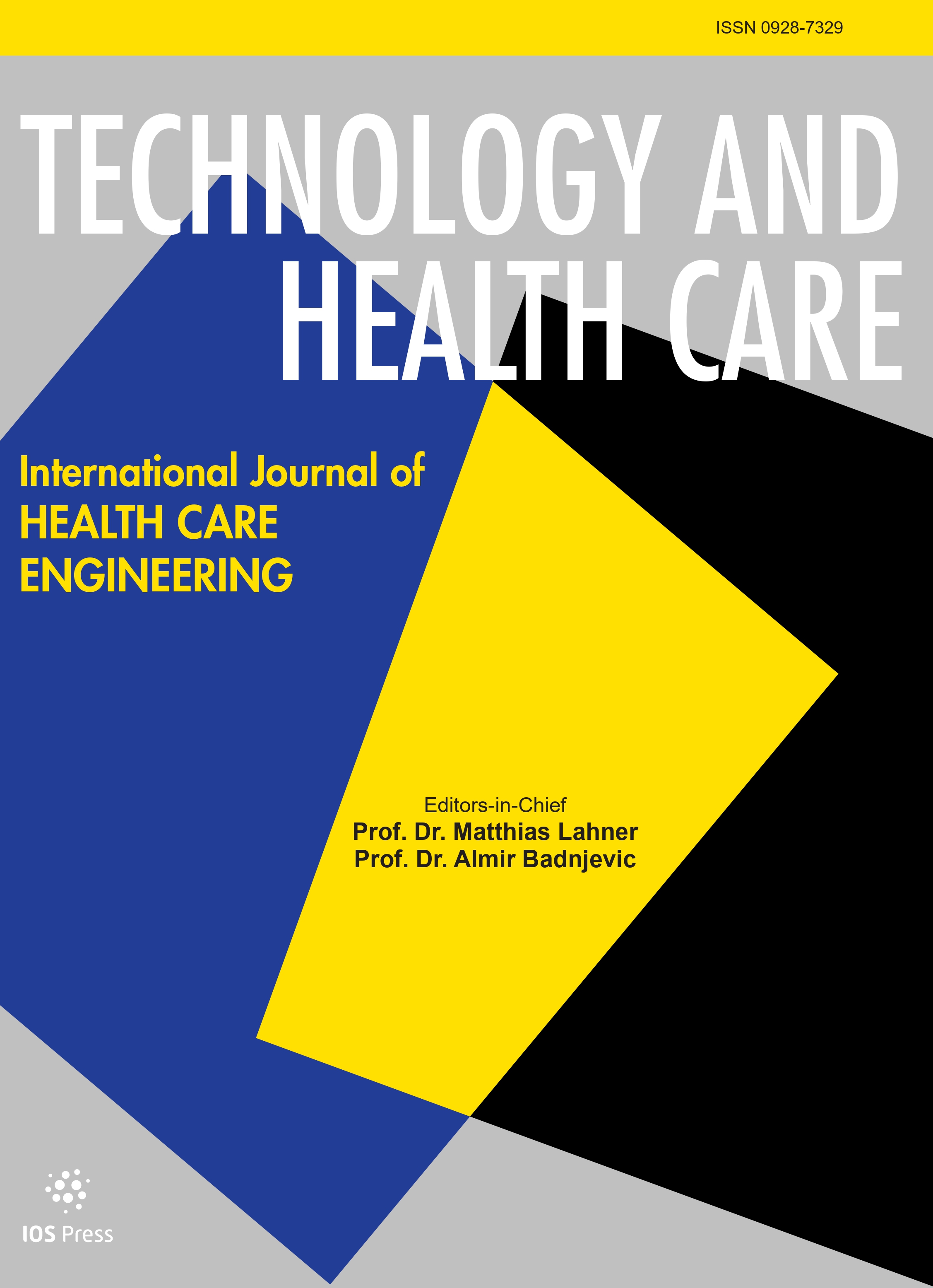Authors: Wen, Yi | Li, Xinyan | Shu, Wan | Zhang, Hong | Shen, Zhefan | Huang, Zhaoxia
Article Type:
Review Article
Abstract:
BACKGROUND: About 186 million people in the world suffer from infertility, and there is one infertile couple in every 4–6 couples. It is thus essential to find effective psychological treatment. OBJECTIVE: To conduct a systematic review of previous meta-analyses on mindfulness-based therapy outcomes in infertile female patients and a meta-analysis of studies nested within these meta-analyses. METHODS: Randomized controlled trials (RCTS) on the efficacy of mindset-based interventions in infertile female patients were retrieved from PubMed, The Cochrane Library, Embase, Web of Science, CNI, VIP Database, and Wanfang Database until March 1, 2023. Two
…researchers screened the literature, extracted data according to inclusion and exclusion criteria, and conducted quality control according to Cochrane Handbook 5.1.0. When there was ambiguity, a third party determined it. The meta-analysis was performed using RevMan 5.3 software. RESULT: 14 randomized controlled trials involving 1784 patients were included. Meta-analysis showed that compared with conventional care, mindfulness-based intervention can effectively relieve anxiety in female infertility patients [SMD = - 2.25, 95% CI (- 2.90, - 1.60), P < 0.00001], depression [SMD = - 2.25, 95% CI (- 2.99, - 1.52), P < 0.00001], perceived stress [SMD = - 0.99, 95% CI (- 1.27, - 0.71), P < 0.00001], improved quality of life, physiological function [MD = 14.03, 95% CI (11.98, 16.07), P < 0.00001], Role limitations due to physical problems [MD = 11.30, 95% CI (5.71, 16.90), P < 0.0001], vitality [MD = 11.55, 95% CI (9.46, 13.65), P < 0.00001], mental health [MD = 17.32, 95% CI (15.29, 19.35), P < 0.00001]. CONCLUSION: Existing evidence shows that mindfulness therapy can effectively relieve the anxiety and depression of infertile women, reduce the level of stress, and improve the quality of life and sleep quality. However, due to the limited quantity and quality of the literature, multi-center, large-sample, and high-quality randomized controlled studies should be conducted in the future.
Show more
Keywords: Mindfulness-based therapy, infertility, women, meta-analysis, evidence-based nursing, randomized controlled trial (RCTS), RF dimension
DOI: 10.3233/THC-240174
Citation: Technology and Health Care,
vol. 32, no. 6, pp. 4983-4997, 2024
Price: EUR 27.50





